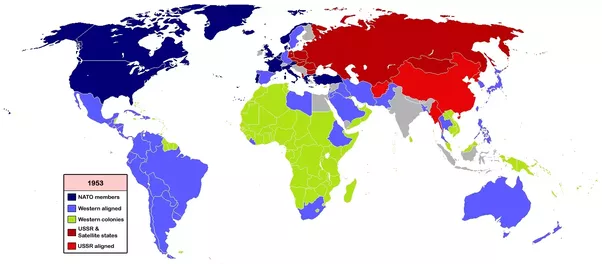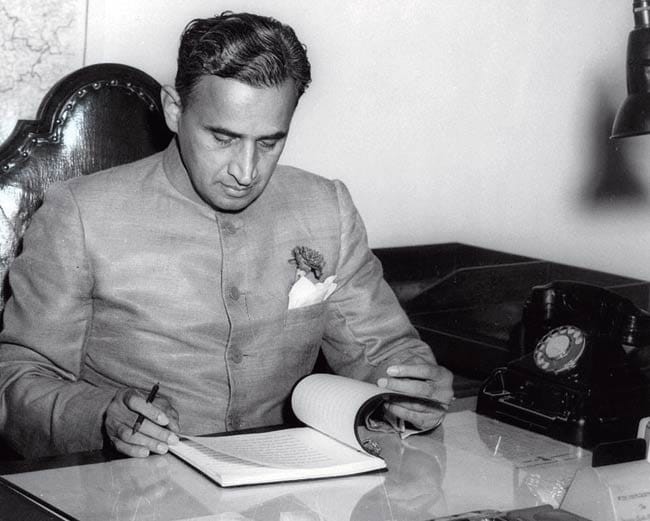The history of the world shows how dynamic the currents of time are. The countries that dominate today become has-beens tomorrow.
The Greeks and Romans dominated the era from 2500 years back till 300 CE. The Egyptians and the Persians before that. The Islamic civilisations had their moment of flourish around the 9th to 11th century. Turkey with Ottomans in the middle of the last millennium. India in spurts during the reign of Ashoka, with the Gupta dynasty and then the Mughals.
But post the scientific revolution and enlightenment, the Western countries have retained their dominance for almost 500 years now. England, Germany, and France retain their leading positions.
In this relatively fast-changing world, power comes disproportionately from technology and new ideas. New theories of science and political economy or philosophy supply the framework for a society that produces advanced technology and knowledge.
Increasingly power flows not from the barrel of a gun but from knowledge. The US has produced the most original innovation and knowledge in the last 150 years and now it dominates the global order. With the direct and indirect benefits flowing from inventions like the nuclear bomb, internet, telephone, televisions and numerous other ones, it became the pre-eminent economic and military power.
With AI and biotechnology, this will stay that way. Knowledge and its applications will become even more important in the power matrix.
The countries that have open societies, and a liberal environment where dissent and criticism are allowed, create the most fertile ground for the production of new knowledge.
So at this point in time, it is wiser to bet long-term on the liberal democracies in the West who still do the most original research in most fields over authoritarian regimes like China or Russia which sometimes can have short-term wins but don't have the necessary structural platform for retaining power.





















